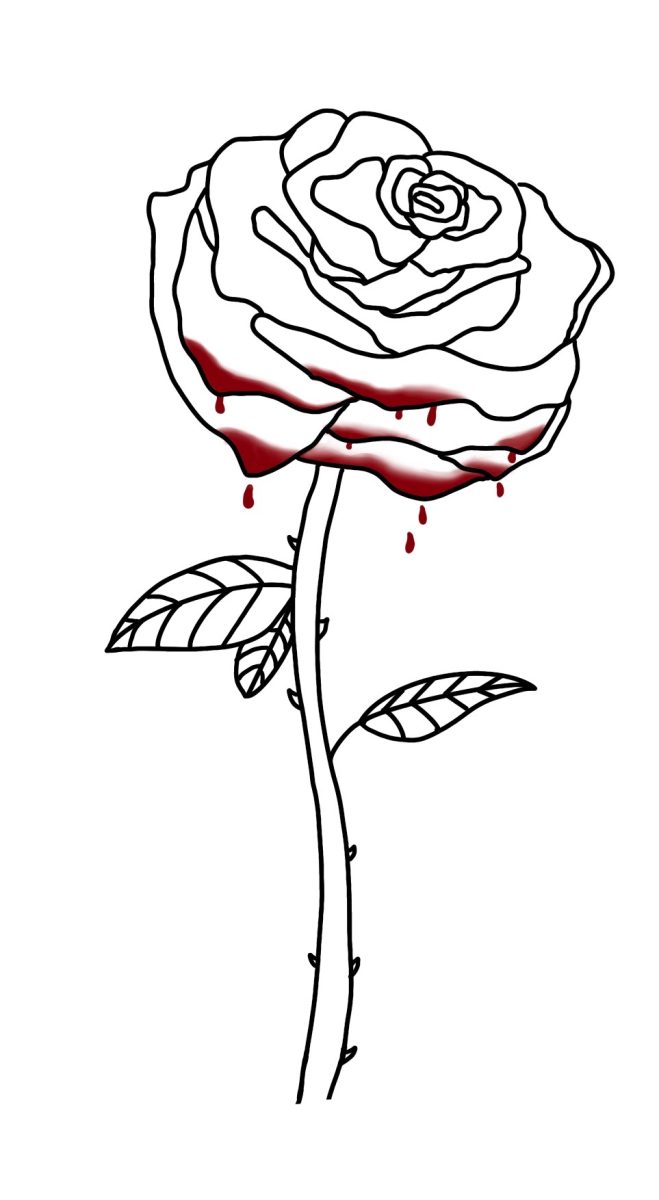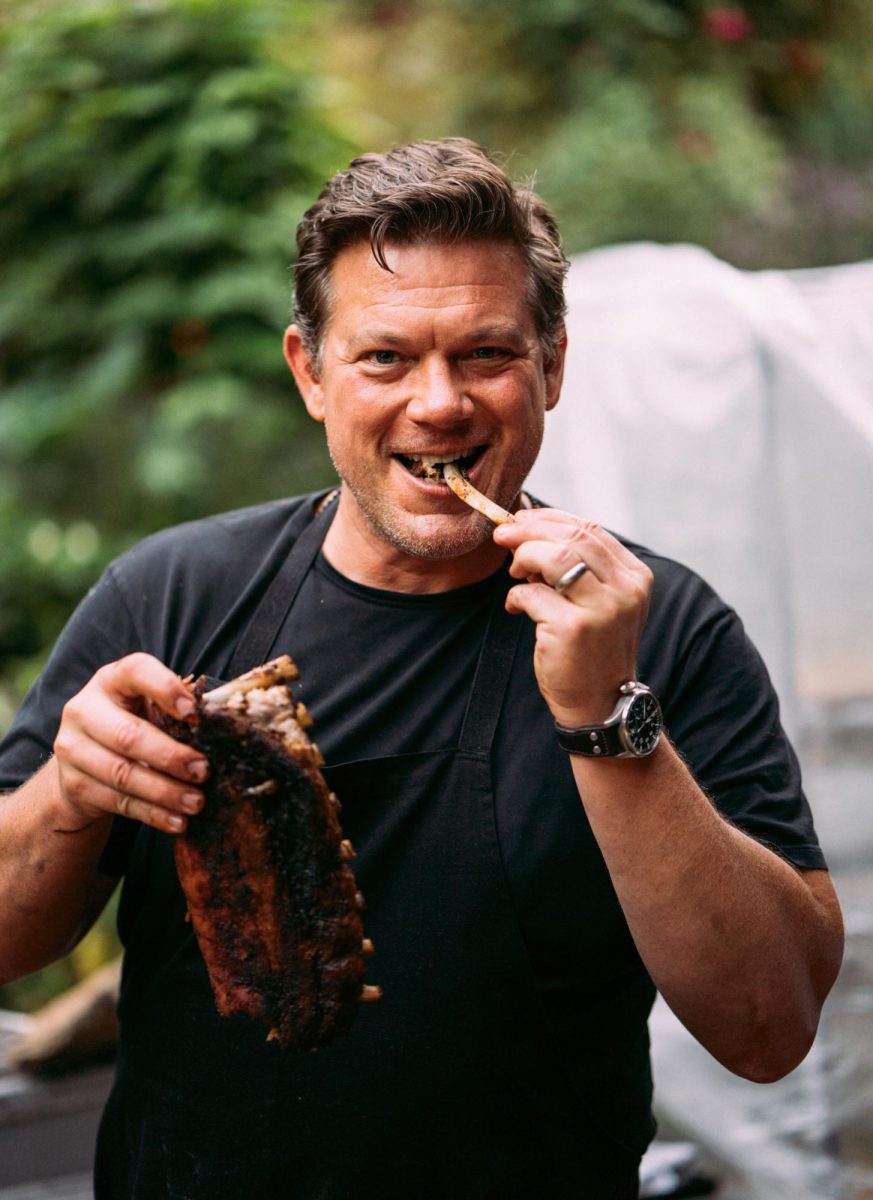The haunted sexualization of costumes
October 31, 2022
“Halloween is the one time of year a girl can dress like a total slut and no other girl can say anything about it.”
This iconic line by Cady Heron in “Mean Girls” is not always true, nor is it a proper representation of Halloween.
For many, the month of October embodies the spooky spirit of Halloween. In addition to the scary decorations, pillowcases full of candy and haunted houses, it’s a time to dress up and pretend to be someone else for a night. Sadly, some people push those “creative” costume ideas, and the lack of judgment, a little too far.
Costume stores, like Spirit Halloween, are filled with a variety of options, ranging from cats and clowns to doctors and vampires. Still, within all of these options, there is an overwhelming amount of over-sexualized costumes for women. Most stores, whether online or in person, will house a sexualized women’s costume, placed right next to a regular men’s costume. An article from HuffPost credits the sexualization of the costumes to the producer of the design.

“Manufacturers assume that ladies are looking to show a lot of skin, while men’s costumes offer a lot more coverage,” HuffPost wrote.
“Sexy” nurse costumes hang next to regular men’s scrubs; “sexy” firefighters are casually placed next to fully clothed male versions of the same costume; “sexy” policewomen lie beside traditional police uniforms. While offensive and objectifying to women, these costumes are also disrespectful to those they mimic.
Firefighters, nuns and even cultural outfits are sexualized every year, and dressing up in these costumes can be harmful on various levels and have negative outcomes.
According to Nursing Times, a magazine dedicated to helping nurses improve their practice and keep them up to date with news on nursing and policy, 60 percent of nurses experienced sexual harassment in 2021.
“Members of the public think nurses are fair game [when it comes to] comments about uniforms, etc. This makes [harassment] hard to address, as these are our patients and visitors,” a nurse interviewed after the survey said. She connected the harassment to the public viewing nurses as sexual objects in the film, “Carry on Nurse,” which portrayed nurses in a sexual way.
Sexualizing costumes makes it hard for people to feel comfortable in their profession because it leads to others viewing the career as less professional. Nurses and other jobs that are depicted in these ways are often extremely important front-line workers and members of society. Costumes shouldn’t be sparking discomfort in any profession just to look sexy for Halloween.
Sometimes, costumes go past professions, and people simply dress up as a culture they do not identify with. This leads to cultural appropriation and offensive costumes and threatens to misrepresent those who are part of the culture. Cultural costumes can further cause harm in other aspects of life when overly sexualized.
According to the Oracle, a student newspaper in Palo Alto, “Dressing up as a ‘sexy Native American’ … is the intersection of fetishization and cultural appropriation.”
The media adds to this appropriation and objectification, and movies often overly sexualize certain cultures. For example, East Asian women are seen as sexualized objects in movies such as “Kill Bill: Vol. 1,” “Austin Powers” and “Memoirs of a Geisha.” This leads some to believe that sexualizing these cultures is okay because it is done so frequently. Costumes of movie characters may not seem as offensive as simply dressing up in stereotypical aspects of a culture, but
if one tries to overly sexualize the character and dress as an ethnicity or group that they do not belong to, it can easily cross a line. This practice can lead to violence against those groups. According to NPR, a mass shooter in Atlanta in 2021 shot eight people, six of which were Asian women. Law enforcement did not say the act was racially motivated — instead, they said the shooter blamed his sex addiction.
Halloween should be a time of year when everyone feels comfortable with what they are wearing. It only becomes a problem when others’ cultures or professions are the origins of these “slutty” costumes. Making others uncomfortable to be their true selves is not worth it for one costume. So go on Pinterest, Google or even TikTok, and find a different, less offensive costume. Trust me, there are plenty of options out there.






